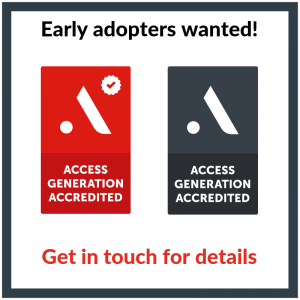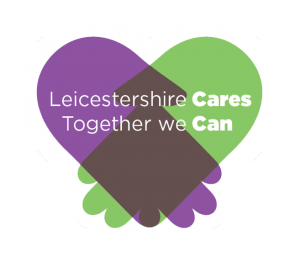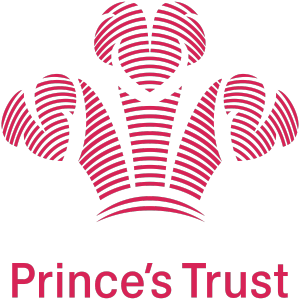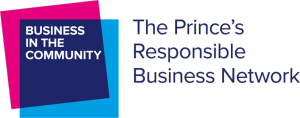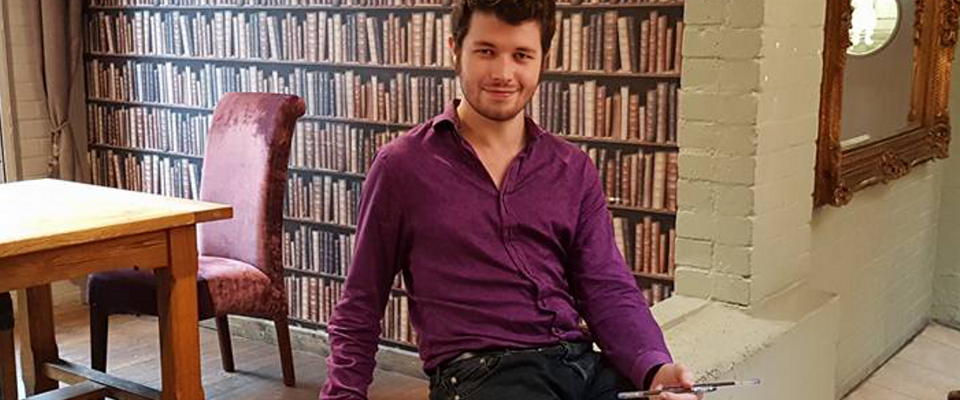
Peter: My message to employers
This week we announced our new peer panel – a cohort of young people who are set to drive Access Generation forward. We asked the peer panel to tell us their top three messages for employers.
Meet Peter.
Peter helped Access Generation develop the external assessment that scores the job section on company websites against young people’s expectations. We’re pleased he will be continuing to support our work by joining the peer panel.
Peter’s messages to employers
Bridging the education gap
Education is seen as an obligatory step in the journey towards employment. But how much of it actually benefits you in the long run? What we learn at school doesn’t necessarily prepare us for the bitter realities of forging a career. Even the GCSEs – the supposed pinnacle of everything our education has been building towards – becomes little more than a footnote by the time we’re 30.
I feel mildly unfair asking this of employers considering the teachers have just as much power to implement this message. But I feel that there needs to be a strong link between education and employment. Students are going through secondary school with minimal idea as to what practical skills they will need for the outside world. They aren’t necessarily familiar with the sectors that make up today’s employment or the roles they can take to give them a starting point. You can give them that familiarity. Let them know what awaits them, how they can integrate with the world ahead. Otherwise, these kids are being asked to navigate the world of work blindfolded.
If we don’t consider the long-term impacts of an ill-preparing education, we’re shooting kids in the foot a decade down the line. I know I certainly would have appreciated some foresight of what lay ahead for me.
Plugging the mental health ‘volcano’
Mental health has been increasingly dragged into the spotlight (took long enough), but the support structures are dragging its feet somewhat, and we’re still at a loss as to how to support this demographic. Contrary to the media, employees who struggle with poor mental health are NOT human volcanoes waiting to go off. But that isn’t to say it couldn’t ever happen. Anxiety and depression are some of the biggest dangers a person can face in their lifetime. Not by killing us, but by robbing us of those things that make us whole; our sense of self, our ability to find pride and joy in things. It can turn us into shells. Now you imagine that going on at a workplace.
People spend a third of their life at the workplace. And that can be a very easy area for mental health issues to fester until a breakdown is all, but confirmed. But people coming into the workplace need to know that stating they have a mental illness will not feel like they are confessing to being a pirate. They need to know that they are understood and supported. Find a way to provide that support. That’s how we win the fight against mental illness.
Finding the ability behind the disability
The word ‘disability’ instantly gets people thinking about what a candidate CAN’T do. I prefer the more neutral term ‘condition’. People with autism, dyslexia and OCD have not always been dealt the best hand in life, struggling through education and entering a world that doesn’t know what to do with them. But I’ve never met a young person with a hidden condition who didn’t have something to offer. If given the chance, young people can overcome their personal barriers and thrive in a productive environment that recognises a burgeoning skillset and seeks to develop it. The alternative is an entire generation of young people content to eke out a living on benefits because no one ever took the time to convince them they could do something meaningful with their lives.
Think about how you can tailor individual support to these young people, help them ensure they can overcome the difficulties their conditions can bring about or at the very least, give them the chance to manage them better.
Granted, this requires a great deal of ‘thinking outside the box’, but that’s a necessity when dealing with a minority group. Only 1% of the UK’s population is autistic, but we still need to support that 1% into work. Career nurturing should be universal, not available to a majority. A message young people with hidden conditions need to be able to take away from you is, “You may not know what support looks like yet. But don’t worry. You will learn.”
The so-called ‘perfect candidate’
The perfect candidate doesn’t exist. That is a stone-cold fact. A candidate may be lacking in experience in a certain sector, or they may not possess a particular qualification. And yet, this is reason enough for recruiters to dismiss a candidate altogether. Having seen a plethora of job descriptions in my lifetime, I have to ponder how much certain skills are actually needed for certain jobs. Is there really no other way they can learn those skills while on the job? Is there anything they don’t know that they can learn from more experienced staff?
Job descriptions place high expectations on young people that they will inevitably struggle to match. If someone is fresh out of education and looking for a job in the hospitality sector, do you really need them to be the next Jamie Oliver? Is it impossible to work in IT without being a wannabe Bill Gates? The result of this is that people struggle to find meaningful work to develop themselves and their professional growth is stunted as a result, falling into the dismal ‘Catch-22’. Some people call our generation the ‘Peter Pan’ generation because we ‘never grew up’. In honesty, the overly high standard of job adverts has made it impossible to grow up.
Look at your job adverts and consider what you really need in a candidate and what skills they can either do without or pick up along the way. You may not ever find the perfect candidate, but you can certainly craft the perfect employee.
By young people, for young people
Since launching, we have listened to young people and shared valuable insights on their views with businesses.
More recently young people have designed, built and delivered assessments for businesses and contribute to our training events.
Now the peer panel will help us make our future vision a reality which is to have Access Generation run by young people, for young people.
The peer panel members will represent the voice of young people, help us to validate our research findings and run a campaign to promote our new accreditation which will be officially launched later this month.
For businesses
Find out more about the accreditation here.
For young people
If you’re a young person looking for voluntary work then why not become a peer panel member with us? Find out more here.



